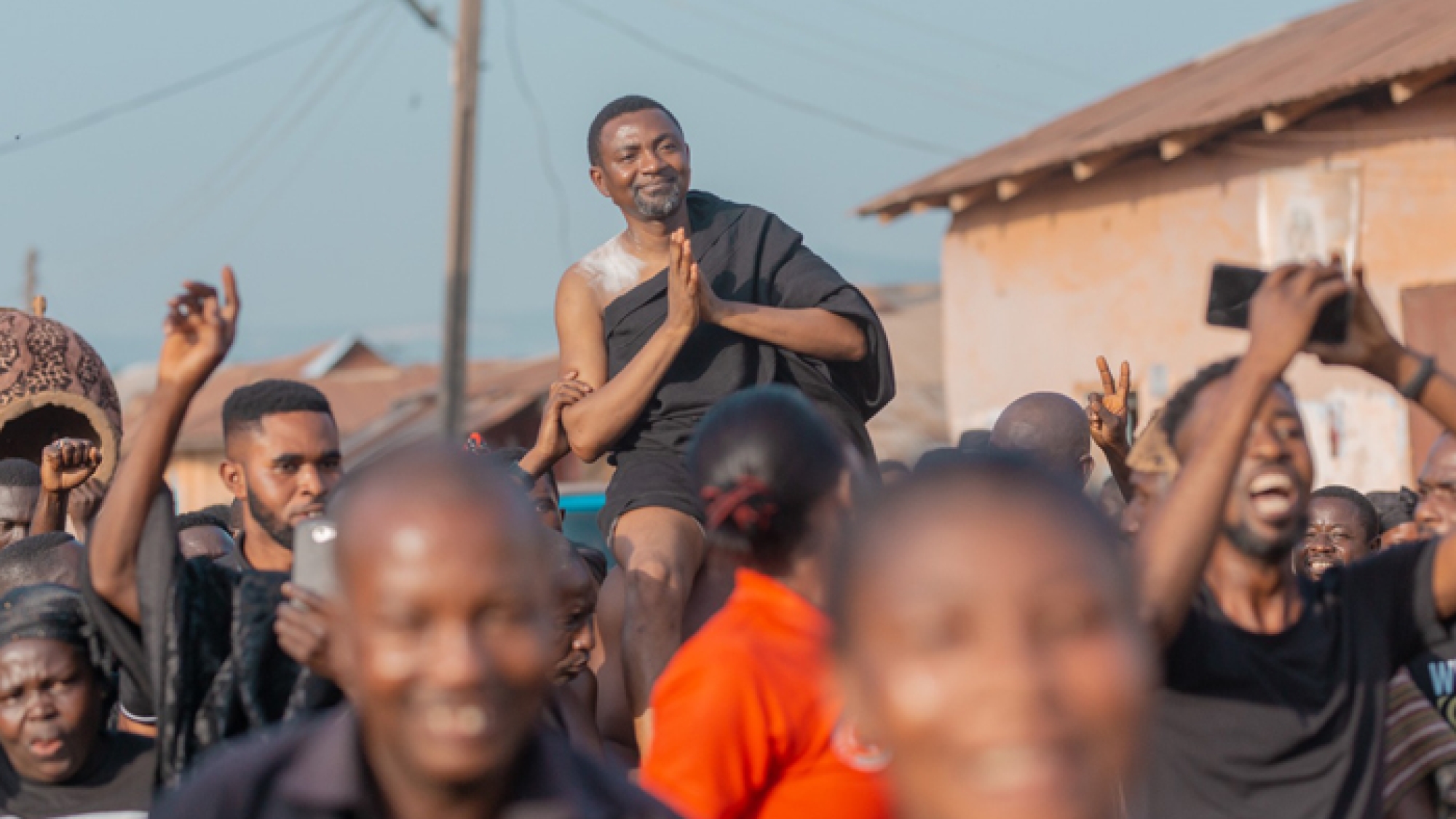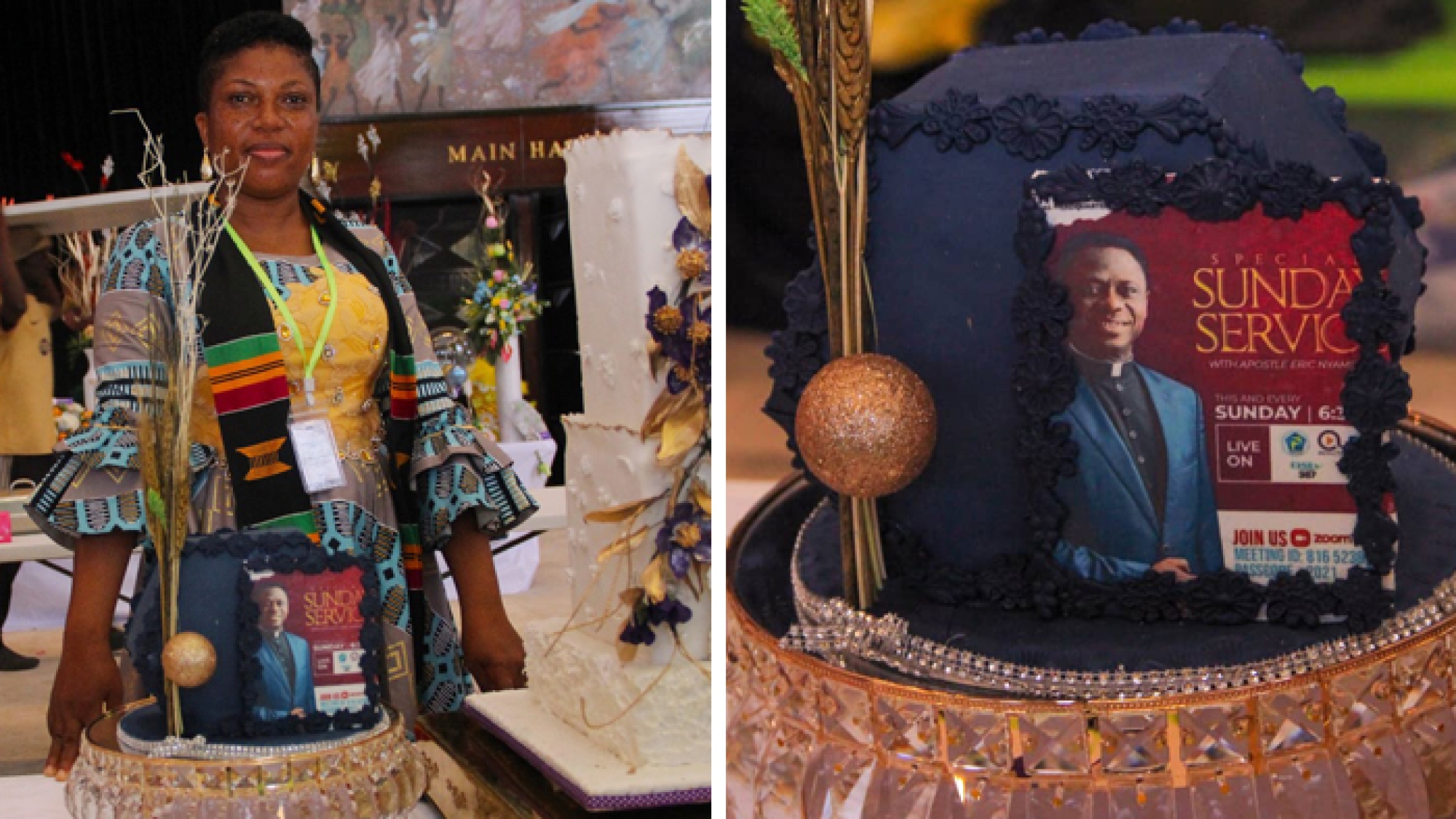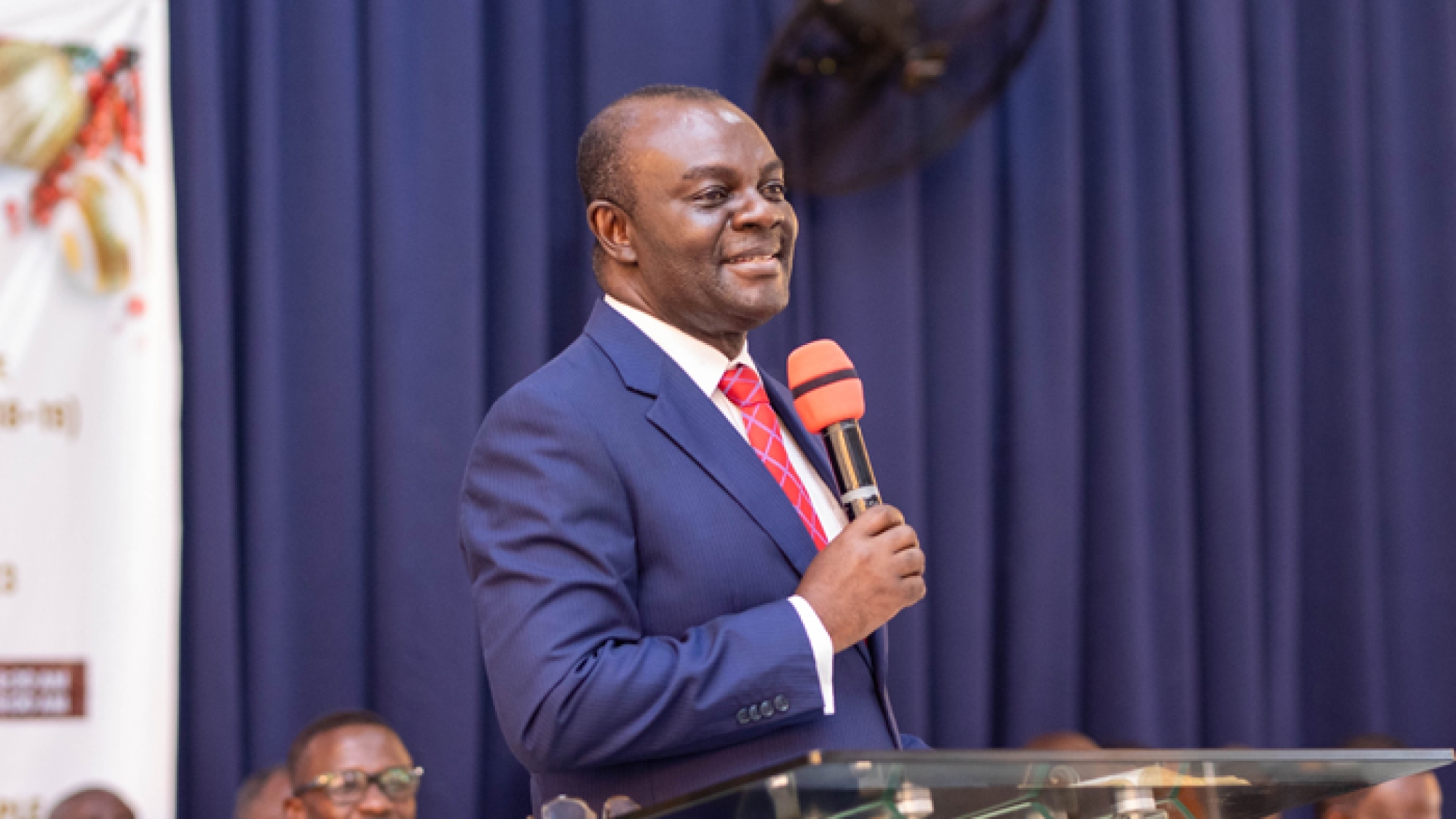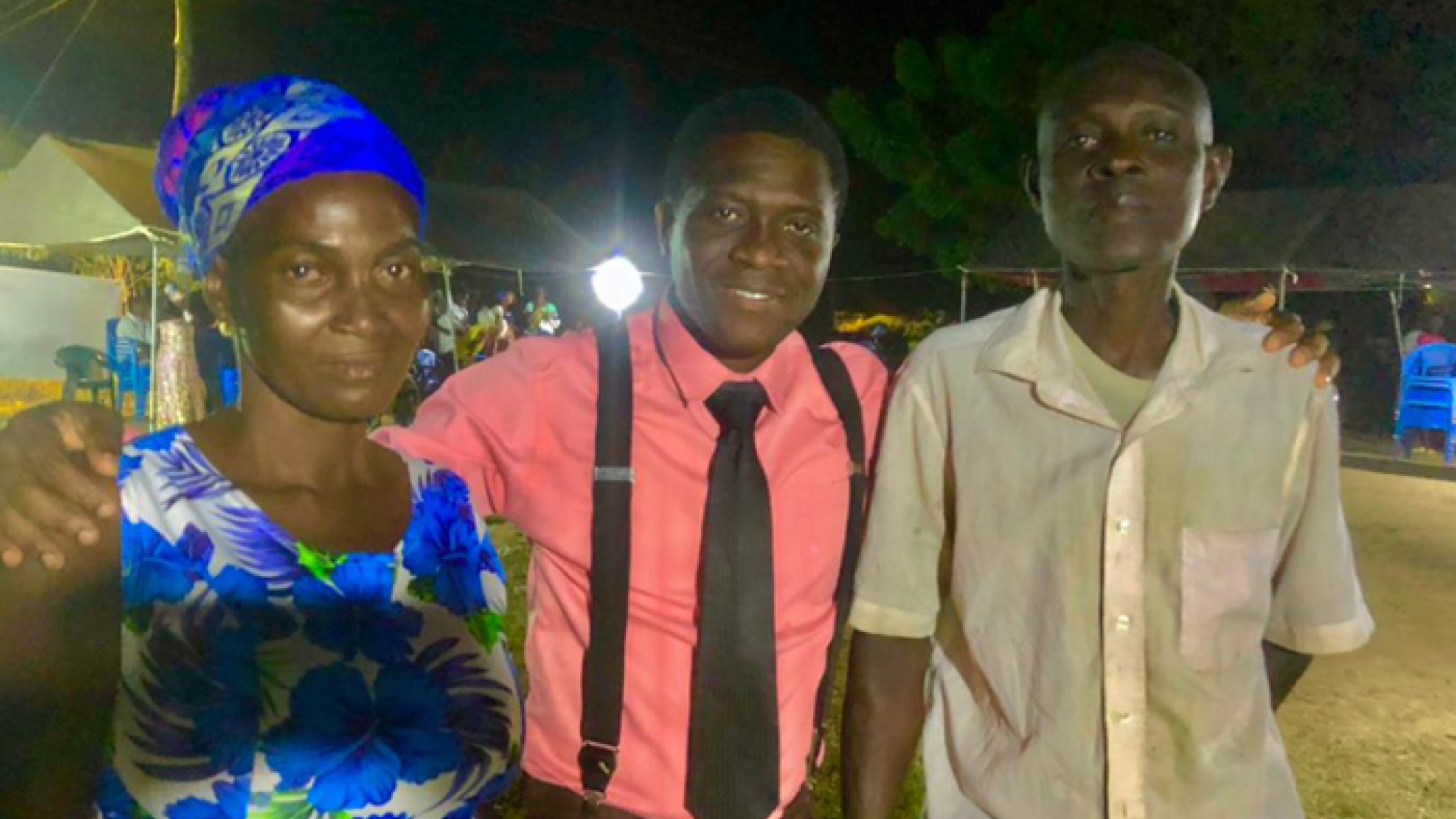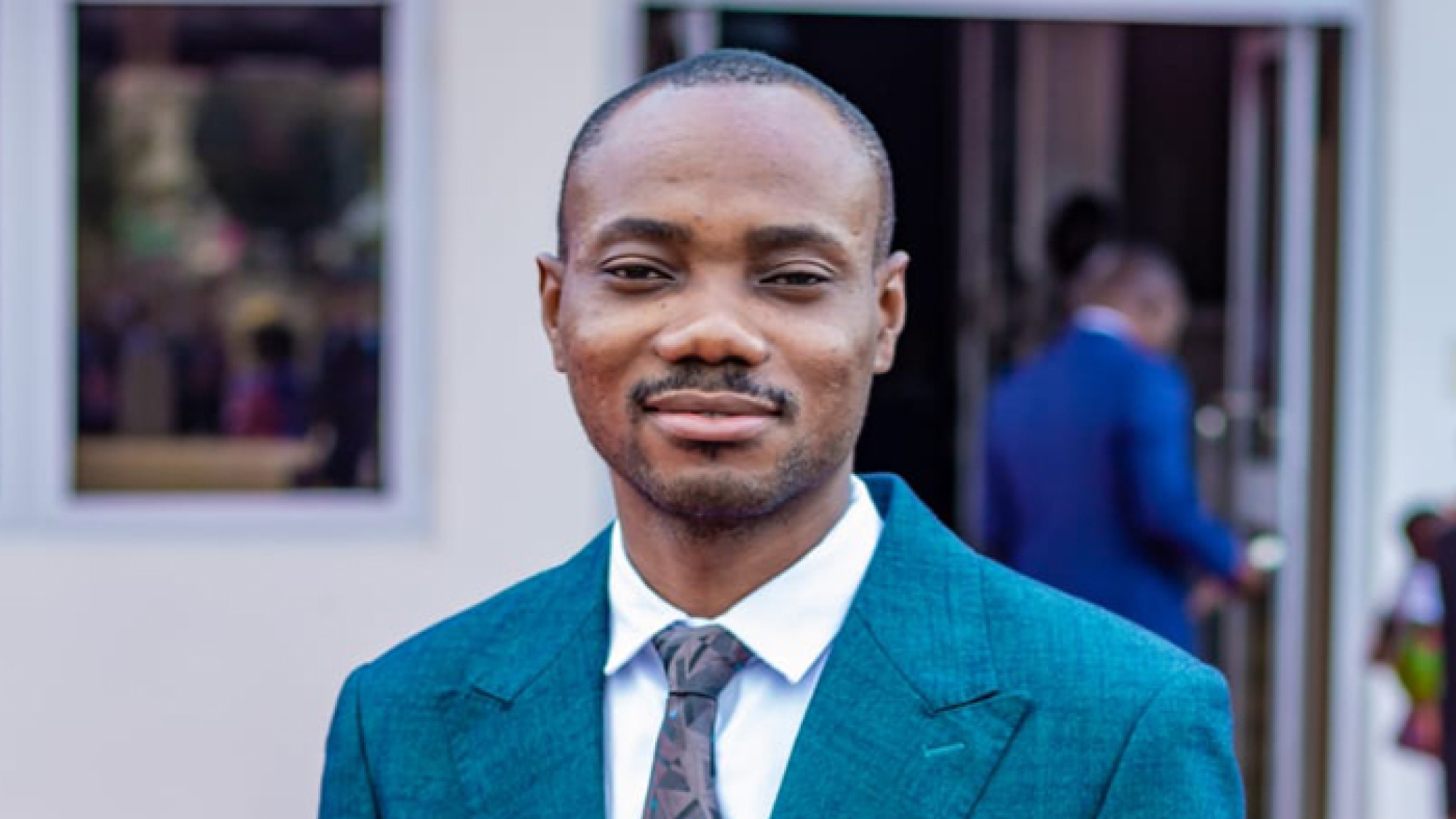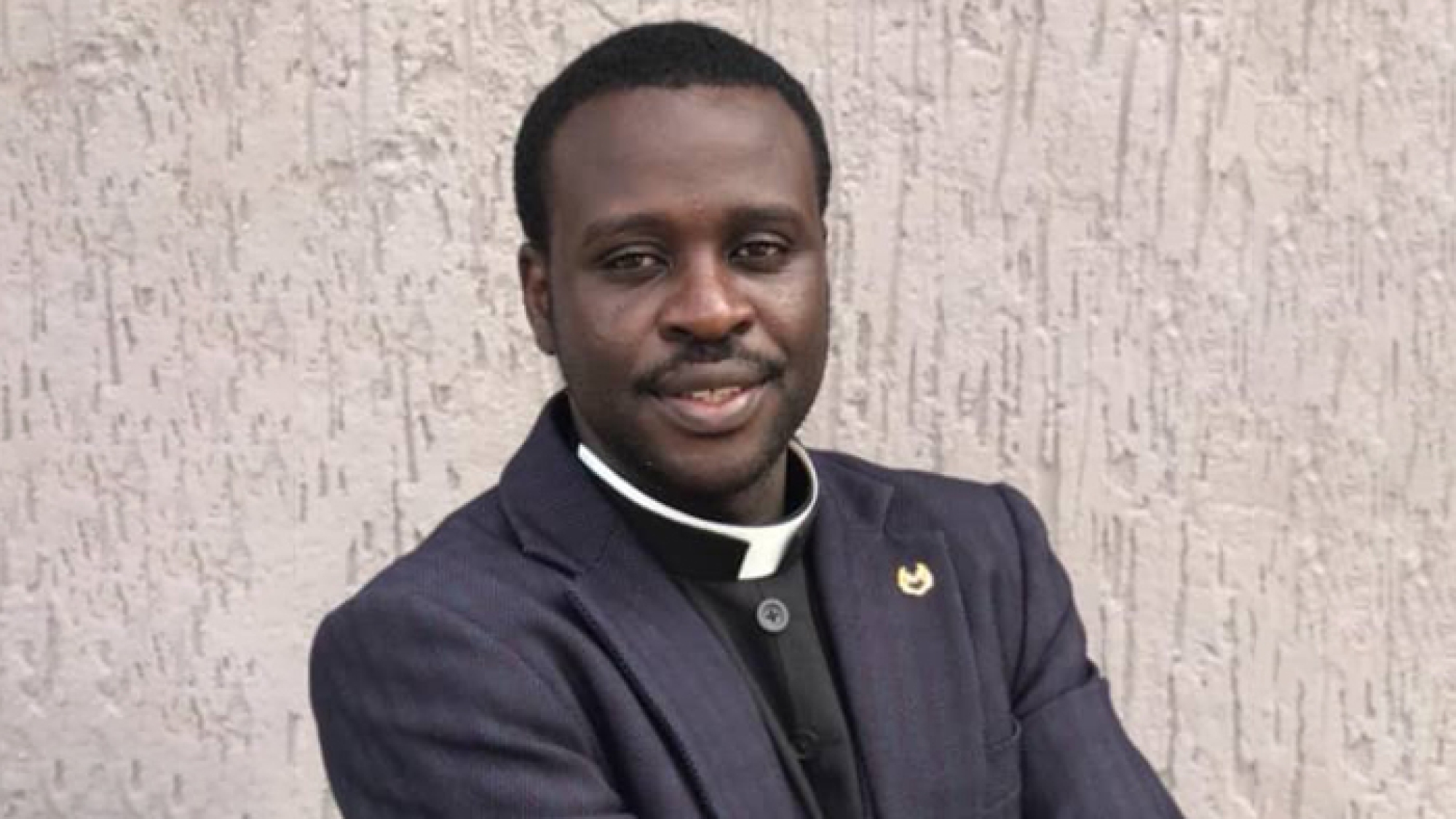The year ending 2023, I began with the “Repositioning Series” to reflect the cause of my spiritual and social endeavours influenced largely by my church’s operational theme, ‘Repositioning the Local Church for Maximum Impact,’ which invariable has great impact on how we live and conduct our affairs as members of The Church of Pentecost.
Heading into 2024, another new dimension has been laid upon us and I seek to refocus in becoming an instrument to be used to transform my space and my writing assignment would therefore be renamed as the Unleashed Series.
My first “Unleashed Series” is the reason for the season – Christmas. Christmas undoubtedly is the greatest festivity in the human race and its impact would outlive our world.
For my church Christmas convention for this year, I am so blessed that I am one of the speakers. This write-up is basically my message delivered at the convention. The theme for the convention is on “Fear Not, I bring you Good news.” Luke 2:10—11. This scripture is an encounter between an angel whose name was not given and some Shepherds. This encounter was actually to confirm the fulfilment of an earlier encounter between God’s messenger in Angel Gabriel and a young virgin Mary in Luke 1:26.
Luke 1:26 states specifically that it was God who sent the Angel Gabriel to Mary to announce to her that she would give birth to the Saviour of the world. When Mary doubted the authenticity of the news based on her circumstance at the time, the angel only moved to give her the blessed assurance that what she was about to witness what something that heaven had already taken care of and needed her space (womb) for the manifestation of the grace through the works of the Holy Spirit to carry the seed of the Son of God.
This was the news the world had been waiting for and this encounter was not made known to anyone though a lot had been written and prophesied about the birth and saving works of Jesus Christ in the Bible.
In God’s dealings, when the time for manifestation has come it has to be announced. In the beginning when it was the manifested time for heaven and earth to be created, it was announced by God Himself. So, when the Saviour of the world, our hope of glory, the captain of our salvation, the builder of the broken walls of humanity, the restorer of the relationship between humanity and God was born, everyone needed to share in the joy of heaven by hearing the good news.
It was not the duty of Mary and Joseph to announce this birth but rather a heavenly messenger to publicize the divine identity of God becoming man. Then the big question follows as to why God will need to become man in the person of Jesus to save the world?
After many years and centuries, heaven finally reached an execution plan on how to take back the world from the hands of Satan as was delivered to him by man and divert the cause of humanity to its origin plan and state. So, when the Son of God was born, it was the duty of angels to announce as just it will be the duty of angels to pronounce the coming of the rapture.
In Luke 2:9, when the angel said “Fear not” it had two meanings. One could be the natural fear that would come upon the people by seeing the angel in the natural domain of man. According to the law of territorial possession, spirits cannot dwell on this earth unless they come in human form or body, so anytime angels appear to people, the first thing is to assure them not to fear. One striking observation from the encounter between the shepherds and the angel was the glory of the Lord that shone around the place. It is not every time that angels appear and their appearance are characterized by the glory of God especially in the New Testament days. But in this scenario, we are told the glory of God shone so bright. This makes meaning of the saying when the Lord comes down, His glory comes with Him. The news of Jesus’ birth needed to be celebrated with pomp and pageantry. Luke account says other heavenly host joined the angel in singing praises to God. Hallelujah! Joy to our world, our Saviour is born.
The second meaning of the word ‘Fear not’ is the assurance it carries to humanity. After many decades of man’s depravity, finally there was coming to a closure on sin’s power over man and man’s fear of death. In Hebrews 2:9, Bible says “But we see Jesus, who for a little while was made lower than the angels, crowned with glory and honour because of the suffering of death, so that by the grace of God he might taste death for everyone.” In the same Hebrews 2:14,15, records that “..through death he might destroy him who has the power of death, that is, the devil, and deliver all those who through fear of death were subject to lifelong bondage.”
In the proclamation of the blessed assurance came forth the revelation of the good news; Christ was born. This was the blessed good news humanity had been waiting for. Something is declared as good news when it has the potency to change the cause of affairs of one’s life, to bring ultimate improvement, comes all of a sudden to meet a fading expectation after many years of waiting and one that can be perceived as a miracle pertaining to our state of living.
Christ’s birth was a miracle. It was a miracle because in Matthew 1:21, Bible describes the reason for his birth; “..for he will save his people from their sins.” Not only this, but the nature of His birth also makes it a miracle. Christ Jesus was born because of man’s sin. That was the good news the angel carried. If man had not sinned, there would be no need for Jesus Christ to come on earth
When man sinned in the beginning of creation, man lost three things and the birth of Christ was the only avenue to restore these three things. The devastating effect of man’s disobedience and consequently sin was the loss of the righteousness of God, the dominion mandate and the Spirit of God. Significantly, without his birth, humanity would have been lost and bound for the total destruction and would have made meaningless of God’s original intent of creating the world and His special role for man. From the beginning of the volume of the books to the end, there is no denying the fact about the love of God for man.
The first thing Jesus’ birth signifies was the restoration of the dominion mandate man handed over to the devil that had given him the legal right to control the affairs of the world (2 Corinthians 4:4, 1 John 5:19) and access to manipulate man’s life to the point of destruction and death. In God’s own idea of creating the world was to give a very special place to man. In Genesis 1:26-28 tells us that God made man in His image, after His likeliness and blessed man with dominion. These are precious things God did for man.
Because of this dominion charge, God permitted man to name all the things He God had created and whatever name man called the creation of God, so its name became (Genesis 2:19). What a blessed privilege man had. Not only this but God went further to entrust all the creation into man’s care and charged him to exercise control over everything on this earth. This is the dominion God trusted to man in the beginning of creation. This was what man considered so lightly and exchanged the gifted possession of the sovereign power over the entirety of God’s creation for the passion of the flesh and thus lost hold of his controlling power and mandate on earth. This mandate was what the devil was after all this while and confirmed to Jesus in the first encounter between light and darkness in Luke 4:6; “To you I will give all this authority and their glory; for it has been delivered to me, and I give it to whom I will.”
Christ birth was to renew the hope of man living the righteousness of God. The righteousness of God which man was created with is the very nature of God. God’s nature rests with His communicable and His incommunicable attributes. Righteous is one of his communicable attributes. Communicable attributes are the attributes God shares with man while His incommunicable attributes He does not share with any.
After disobeying God’s command not to eat from the fruit of the tree of the knowledge of good and evil, both Adam and Eve’s eyes were opened and they knew they were no longer perfect before God.
Righteousness is the ability of the believer to stand before God without a sense of guilt or condemnation. Bible gives testimony of what God expects of His children on earth.
“… that man was blameless and upright, one who feared God and turned away from evil.” Job 1:1. “And the Lord said to Satan, “Have you considered my servant Job, that there is none like him on the earth, a blameless and upright man, who fears God and turns away from evil.” Job 1:8
“And they were both righteous before God, walking in all the commandments and ordinances of the Lord blameless.” Luke 1:6
The third aspect of the glory of His birth was the restoration of the Spirit of God in man.
In the Garden of Eden in the beginning, God told Adam that if he ate of the tree of the knowledge of good & evil that he would surely die. (Genesis 2:17). When this happened, Adam did not die instantly, even though this action of Adam brought about physical death. What God was referring to was Spiritual death and it was immediate. The Spirit that Adam & Eve once had, that allowed them communion with God, was cut off and they were driven from the Garden, from the presence of God and from fellowship with Him. So, the first Adam lost the Spirit, and all others after him have been born without it as well. We are there lost and unregenerate. We are cut off from God.
Thus faith in Jesus Christ brings about regeneration. According to Matthew Barret, Regeneration is “work of the Holy Spirit to unite the elect sinner to Christ by breathing new life into that dead and depraved sinner so as to raise him from spiritual death to spiritual life, removing his heart of stone and giving him a heart of flesh, so that he is washed, born from above and now able to repent and trust in Christ as a new creation.”
Jesus’ birth is a big deal for humanity. It is an act of God’s love to restore the world to its origin state and God handing over His creation subject to man.
It is to renew our hope of walking in our dominion mandate, exhibiting the very nature or the communicable attributes of God in our daily life and living constantly in His presence and enjoying the sweet fellowship we once shared in the Garden.
Written by Elder Keith Eubulus





